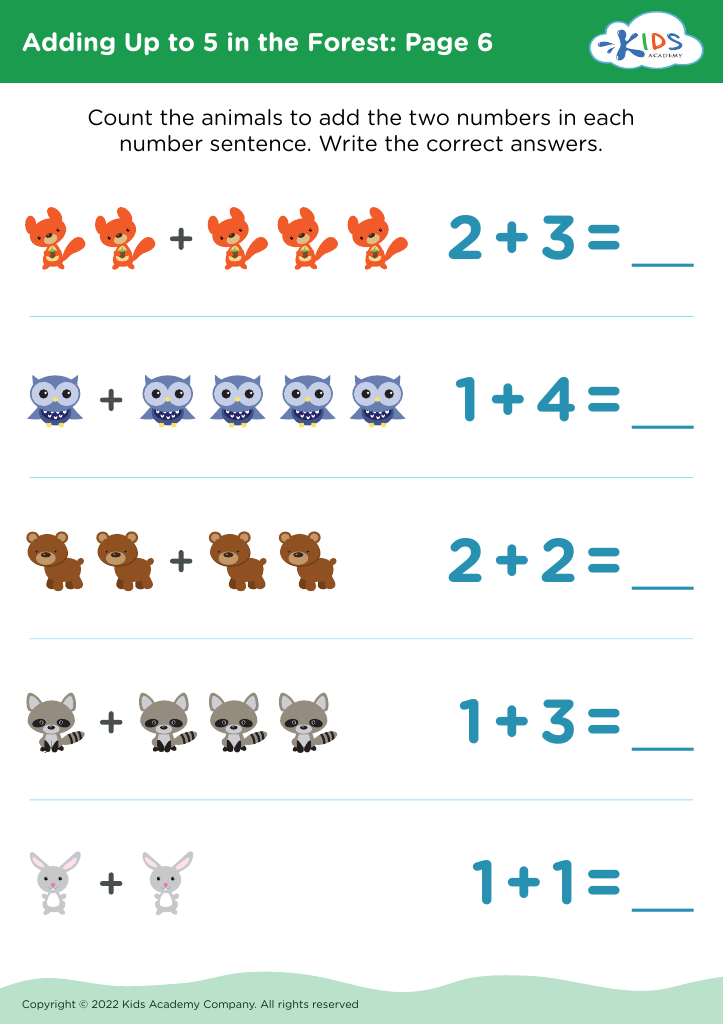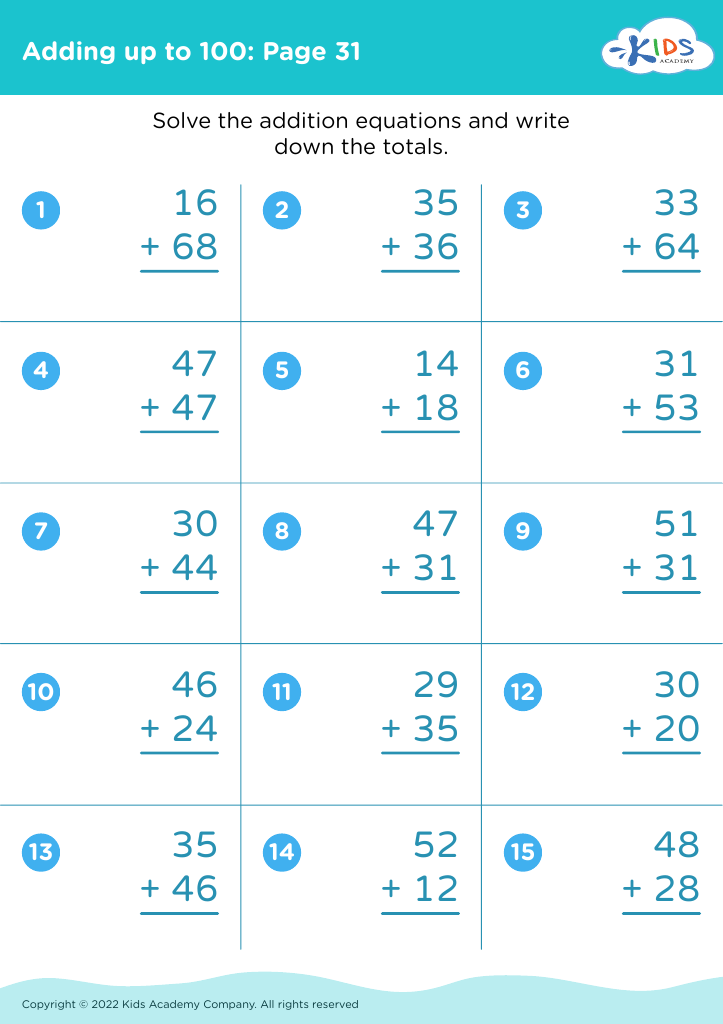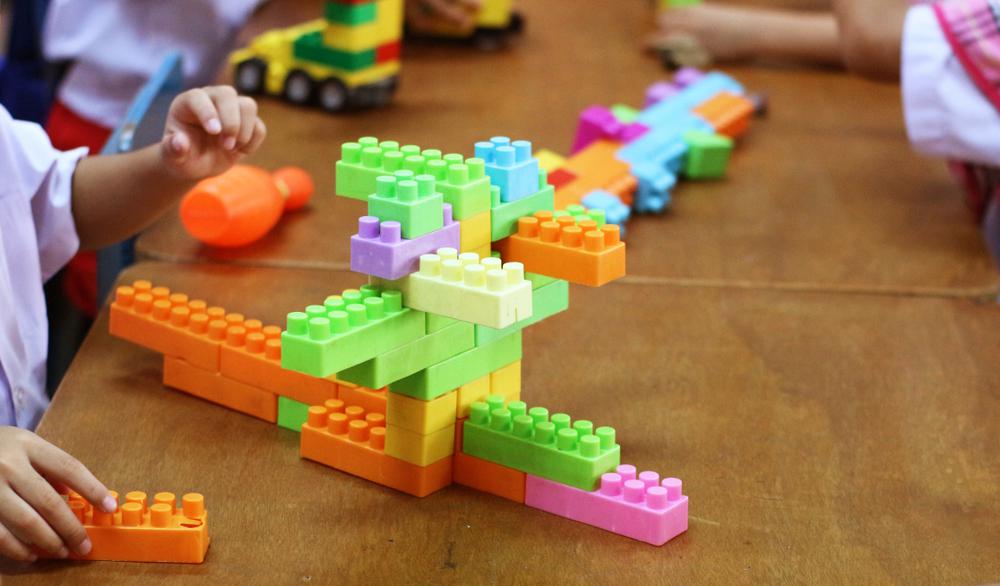Improve fine motor skills Worksheets for Ages 3-7
3 filtered results
-
From - To
Enhance your child's fine motor skills with our engaging worksheets designed for ages 3-7. These printable activities provide the perfect platform for young learners to practice essential skills such as grasping, cutting, and writing. Each worksheet is tailored to be fun and interactive, encouraging kids to complete tasks that strengthen hand-eye coordination and dexterity. From colorful tracing exercises to creative crafts, our resources support developmental milestones while keeping children entertained. Explore our collection and watch your little ones gain confidence in their abilities, setting the foundation for future learning. Boost their fine motor skills today with our easy-to-use worksheets!
Fine motor skills are crucial for children's overall development, especially between the ages of 3 and 7. During these formative years, kids engage in activities that require precise control over small movements, such as gripping a pencil, cutting paper, or buttoning clothing. Improving fine motor skills is essential for academic success, as they lay the foundation for writing, drawing, and even later tasks, like typing.
Parents and teachers should care because these skills contribute to a child's confidence and independence. As children master fine motor tasks, they experience a sense of accomplishment that fosters self-esteem. Furthermore, proficient fine motor skills can enhance cognitive abilities, as they often involve coordination and concentration.
Engaging in activities that target fine motor development—such as puzzles, arts and crafts, and sensory play—not only builds these essential skills but also strengthens the parent-child or teacher-student bond. Such interactions create positive learning environments that nurture curiosity and creativity. Ultimately, prioritizing fine motor skill development equips children with the necessary tools to thrive academically and socially, setting the stage for lifelong learning and success.






.jpg)













